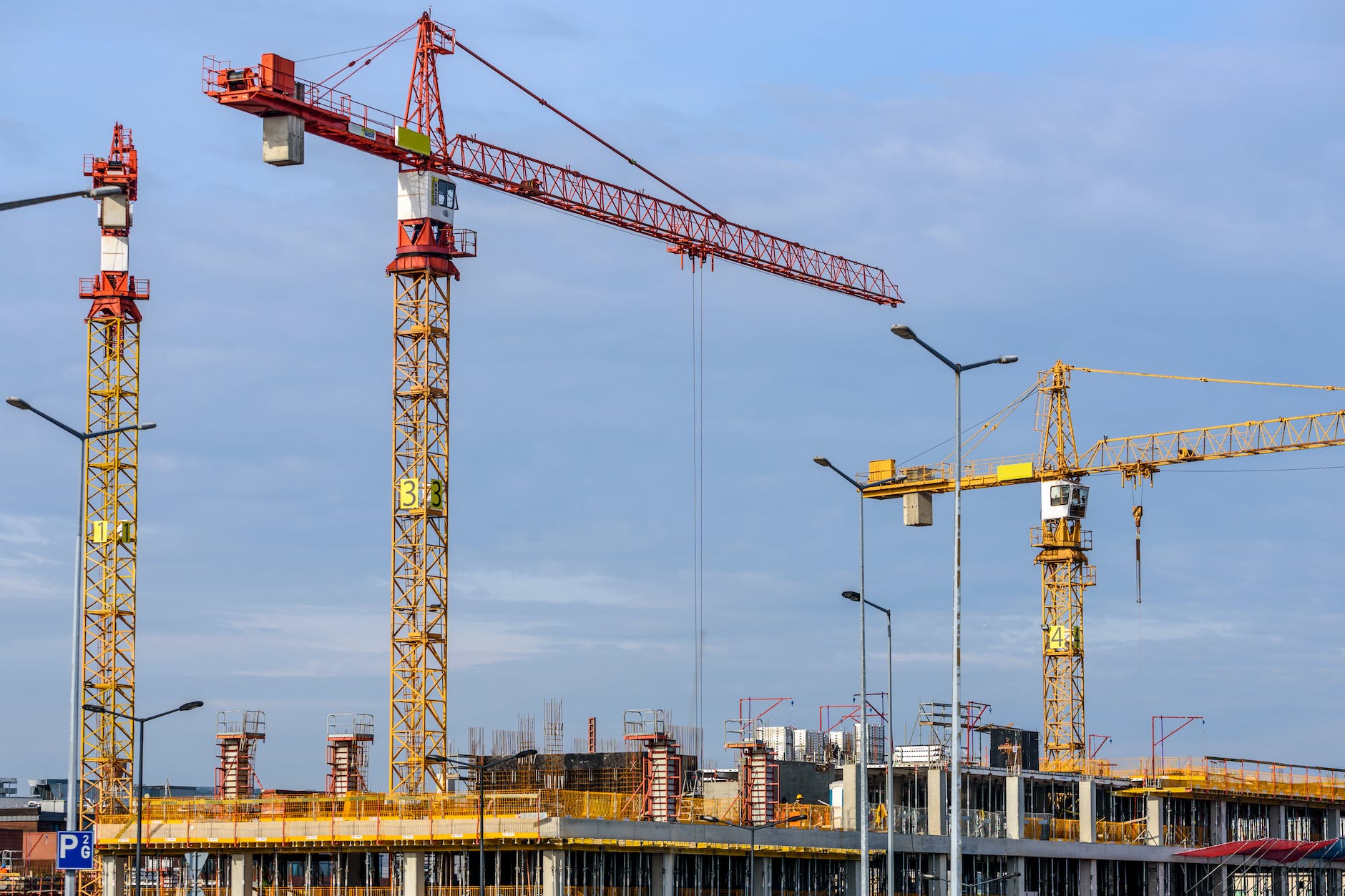
Industry
Industrial operations rely heavily on the seamless functioning of equipment. Used machinery, while cost-effective, can pose a higher risk for breakdowns if not properly maintained. Recognizing the pivotal role of regular upkeep ensures these machines continue contributing to productivity and profitability. This article will dive into the critical aspects of maintaining used industrial equipment and the best practices to keep it running smoothly.
Understanding the Impact of Equipment Downtime on Industrial Operations
Unplanned equipment downtime is a severe impediment to industrial operations. It can lead to significant financial losses due to halted production, wasted materials, and overtime wages for emergency repairs. The ripple effect of a single machine’s failure can cause bottlenecks that impact the entire production line, exacerbating the problem and increasing downtime.
Furthermore, equipment failures can damage a company’s reputation for reliability and timely delivery. Frequent machine breakdowns are symptomatic of deeper operational inefficiencies, leading to strained relationships with clients who depend on punctual service. They also place undue stress on other machinery, potentially leading to a cycle of wear and failure.
Mitigating the risk of downtime involves a comprehensive understanding of each machine, such as evaporators. A detailed maintenance record and schedule for every piece of equipment help proactively address potential problems before they escalate.
The unpredictability of equipment malfunction means that there’s no opportune moment for breakdowns. Operations managers must understand the critical nature of these assets and prioritize their continuous function. Regular maintenance becomes a strategic investment, as it minimizes the chances of untimely disruptions.
Extending the Lifespan of Your Machinery Through Preventive Maintenance
Preventive maintenance is key to extending the lifespan of industrial machinery. Routine checks and servicing can catch issues early on, preventing them from developing into costly repairs or replacements. This proactive approach is especially crucial for used equipment, which may not have the benefit of the latest technology that predicts failures.
Regular lubrication, cleaning, and inspection of components ensure that machines operate within their design specifications. This attention to detail can prevent excessive stress on mechanical parts, overheating, and other factors that accelerate degradation. Consequently, the equipment retains its value and productivity over a longer period.
Maintenance schedules should be aligned with the manufacturer’s recommendations and adjusted for the specific usage patterns and environmental conditions of the machinery. Paying attention to subtle changes in machine performance can signal the need for maintenance work before the issues become more severe and costly.
An effectively implemented preventive maintenance program not only enhances the lifespan of machinery but also preserves the safety of the operators. Adherence to a well-thought-out maintenance plan ensures that all safety features are regularly checked and remain fully operational, reducing the risk of workplace accidents.
Balancing Performance and Safety: The Role of Regular Inspections
Regular inspections are crucial in striking a balance between optimal performance and the safety of industrial equipment. They serve as an opportunity to identify any aberrations from normal operations and to address them promptly. These inspections support preventive maintenance routines by offering an ongoing review of a machine’s condition.
By regularly inspecting used equipment, companies can ensure compliance with safety regulations and industry standards. These inspections protect workers from equipment-related hazards and help maintain a safe work environment. Responsive attention to issues can prevent sudden machine failures that could pose risks to operator safety.
In addition to regulatory compliance, these inspections provide essential data for improving operational efficiency. A detailed record of inspection outcomes can reveal trends or recurrent issues, guiding decision-making on equipment upgrades, workforce training, or changes in operation protocols.
While inspections are a critical aspect of equipment management, they should be conducted by trained personnel capable of accurately interpreting results and making knowledgeable recommendations. Detailed reports from these evaluations form the foundation of an effective maintenance strategy.
Consistent and comprehensive maintenance is pivotal in avoiding costly breakdowns, extending the equipment’s life, and ensuring operators’ safety. A well-structured maintenance regimen is indispensable in managing used industrial equipment, directly influencing a company’s operational success and bottom line.






